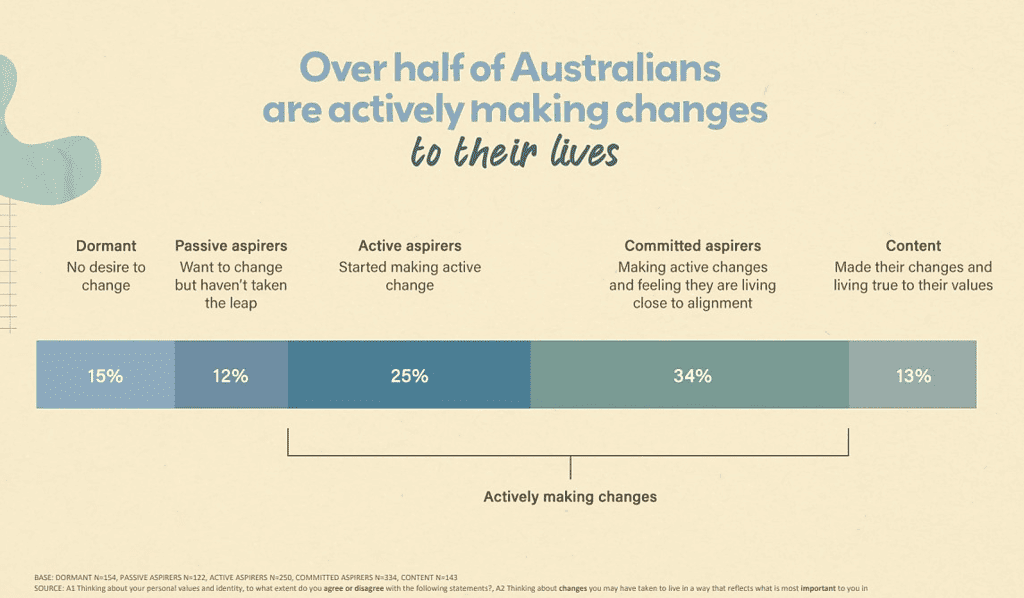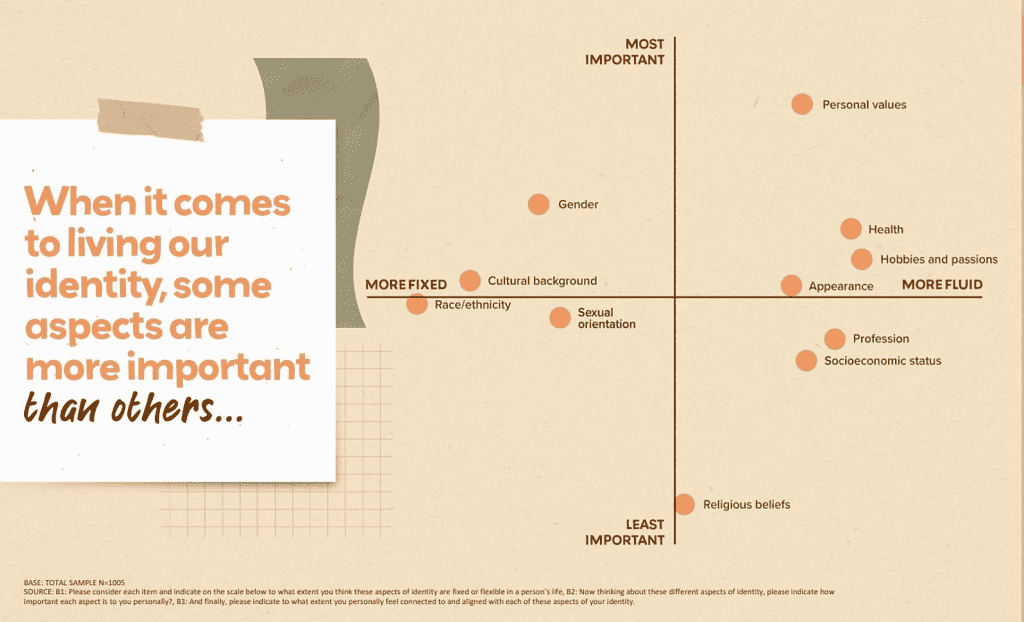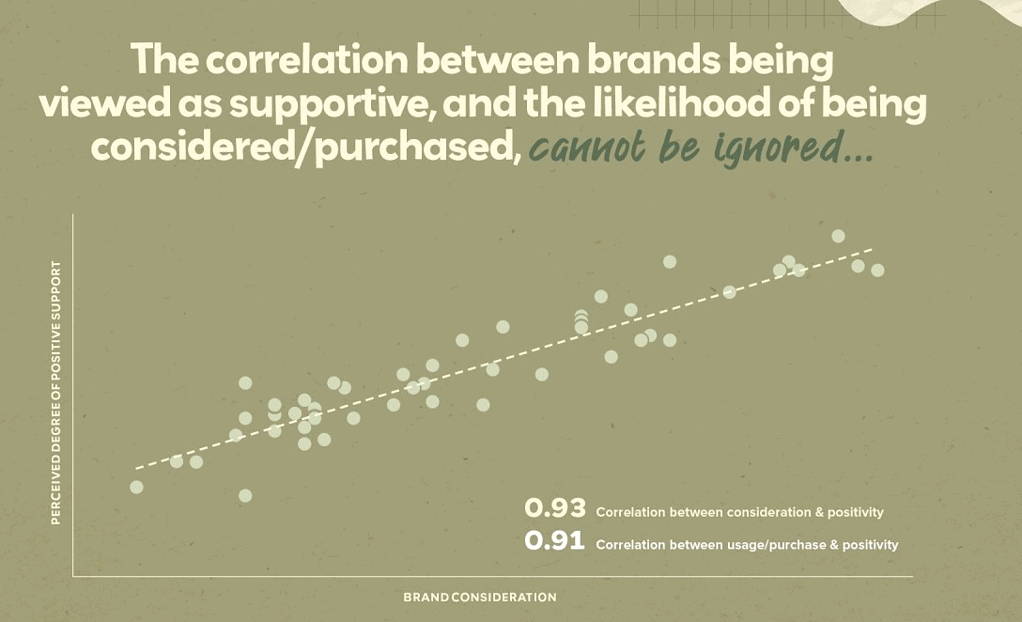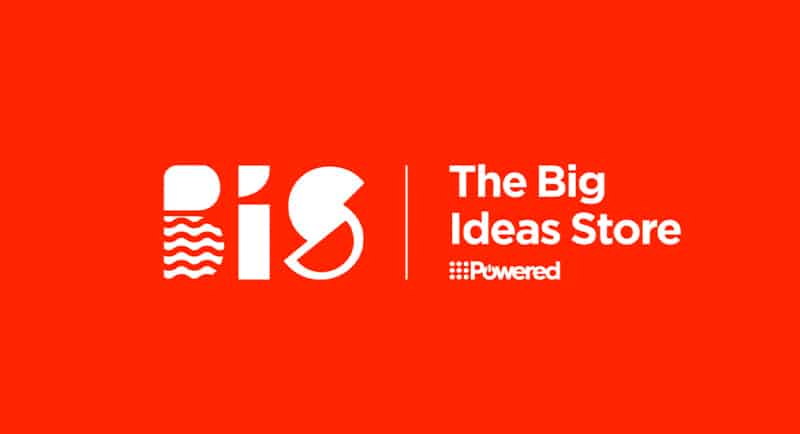More than 70 per cent of Australians believe they are a ‘work in progress’ when it comes to living their true identity and expressing truthful self-expression, leaving brands walking a tightrope when it comes to reflecting people’s identity, according to new research conducted by Nine and cultural insights agency FiftyFive5.
See Also: Nine’s Big Ideas Store 2023: Day Four recap
With more than one third of brands studied failing to resonate with supporting people’s identities, the research – which was revealed at The Big Ideas Store – shows brands that tokenistically represent inclusivity or perpetuate stereotypes are having a negative impact on consumers’ perception.

And brands that fail to be authentic and back their inclusive marketing suffer, illustrated by the on-going controversy engulfing Bud Light in the US and trans woman Dylan Mulvaney.
At a panel discussion featuring chief strategy officer of Kaimera Stewart Gurney, author and commentator Maria Thatill, Married At First Sight’s Sandy Jawanda, Loren Watling from FiftyFive5 and head of Powered Studios Jessica Parry, the topic of identity and self-expression, what that means in 2023 and how brands can be inclusive and authentic in their marketing.
Identity is a broad range of aspects – from ethnicity and gender to hobbies and profession – and while some parts of our individual identity are seen as ‘baked’ into us from birth, other aspects are flexible and can evolve over a lifetime. The 13 year old you is not the same as 46 you.

From diversity to increased personalisation in the products and services that consumers engage with, a post-Covid world has seen people put greater focus on what is important to them. The research uncovered that consumers are changing the way they live to be more aligned with what they value, with 80% of Australians agreeing that what was important to them became an even greater focus during the pandemic.
“We talk about identity and that everyone is on their own journey, but you can easily hypothesise that perhaps people in certain phases, stages or ages of life might be feeling more at one, and a bit more aligned with their identity,” said Watling.
“What we saw is that no matter who you are there are elements of your identity that you feel you are moving towards, that are evolving, that you are still figuring out. When we look at generational theory, we always talk about how in your teens you are working out who you are, getting to grips and experimenting. But that is now happening still into your 50s, 60s and 70s. It’s not something you figure out and then you’re stuck – it changes and evolves.”

But Australians don’t just want to see brands representing different identities, they want real action and are more likely to spend money with brands that are viewed as supporting people’s identities.
According to the research from The Big Ideas Store, the correlation between brands being viewed as supportive, and the likelihood of being considered/purchased can not be ignored.
“The correlation finding is powerful,” said Watling. “You don’t often see [research] results like that, where you can see so strongly how if someone believes that a brand truly is supporting and representing in a real true and authentic way, then that likelihood and intent to consider purchasing from that brand increases.”
For brands, the research illustrates why it’s important to seek a change by showcasing different people and actively supporting different voices and viewpoints. Through this positive support, brands are showing up with authentic representations of a wide range of people.
